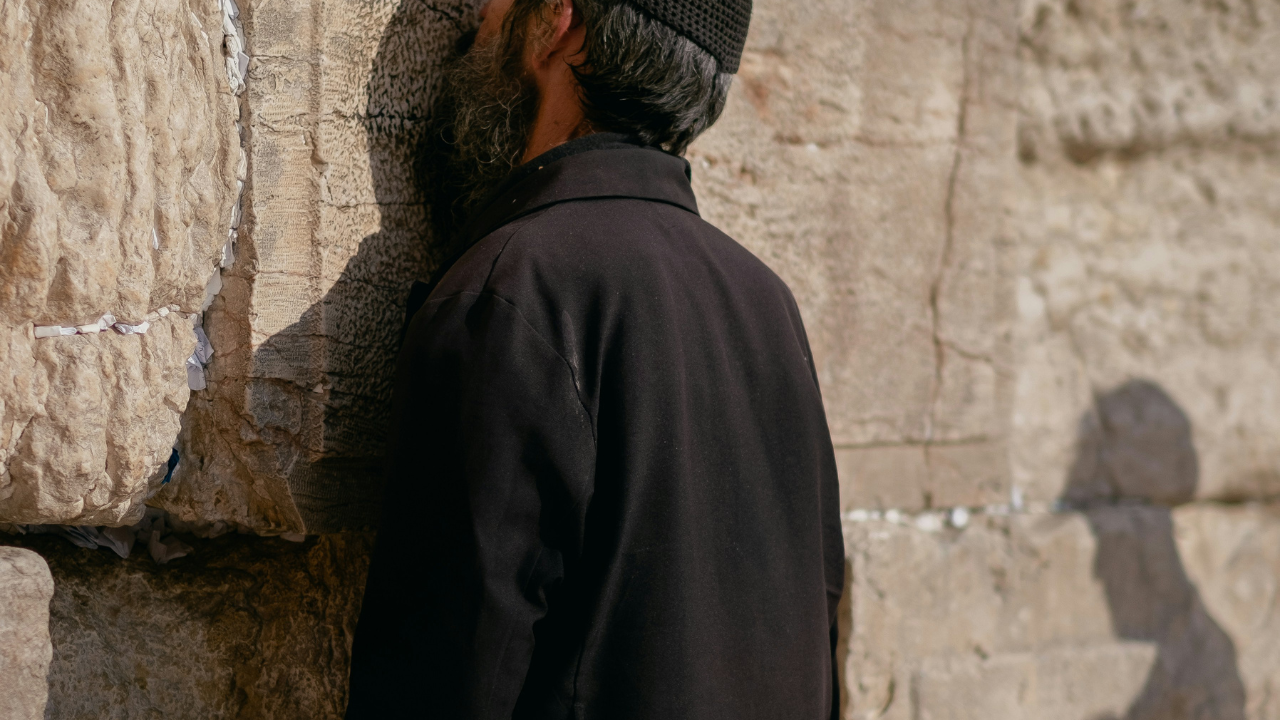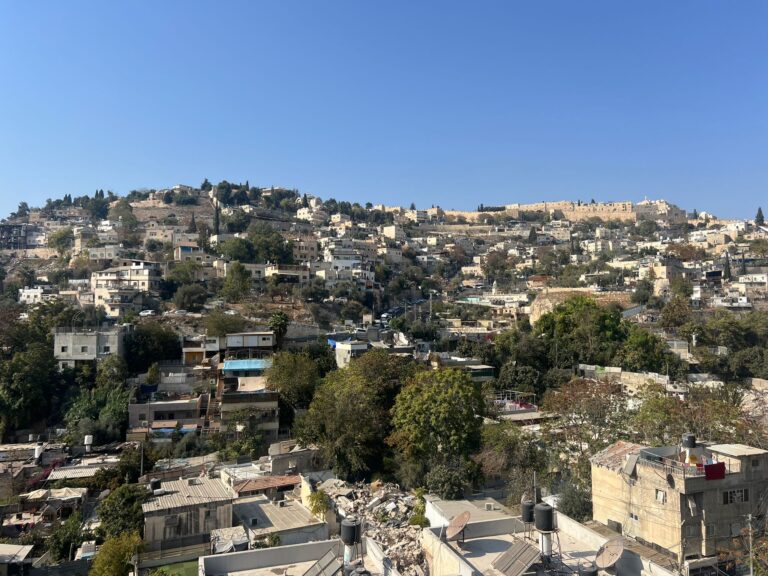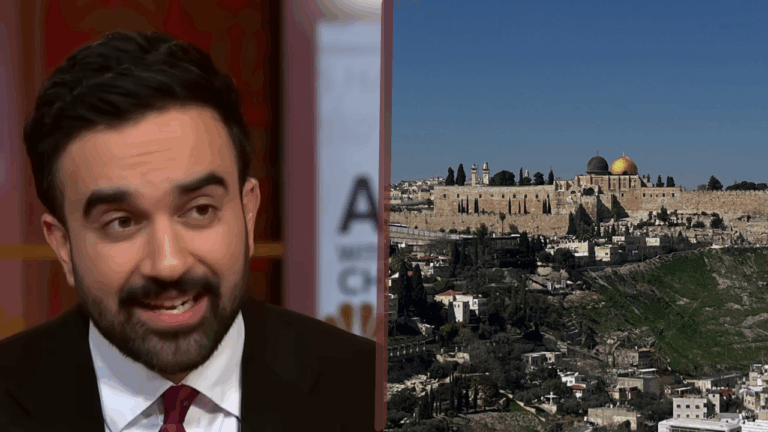The Scent of Surrender: Bilaam vs. Avraham on Har HaMoriah
Throughout the entire narrative of Parshat Balak, there is an undertone of competition between Bilaam and the holy Avot. As Bilaam attempts to curse Klal Yisrael, he builds seven altars and offers numerous korbanot upon them. Chazal see great significance in his choice of the number seven. As Rashi explains (Bamidbar 23:6), the Torah records the Avot building seven altars over the course of their illustrious lives. Bilaam, by building the same number, is trying to counteract and overcome their spiritual merits, hoping that this will enable him to curse their descendants. In fact, he bringsboth seven cows and seven rams to outshine Avraham Avinu. After all, Avraham only brought a single ram on the altar of the Akeidah.
Obviously, Bilaam’s attempts to surpass the Avot were a miserable failure. But to understand why his attempts were so utterly useless, we must first appreciate what korbanot are truly about. Obviously, HaKadosh Baruch Hu has no need for sacrificial parts. And yet, the sacrifice and burning of a korban serves as a “satisfying aroma” for Hashem. Why?
As the Maharal explains at length (Netiv HaAvodah 1), when a Jew brings a korban to Hashem, he is metaphorically surrendering himself to the Ribbono Shel Olam. The makriv’s monetary investment represents that all his resources belong to his Creator. The animal parts consumed by fire on the mizbeach symbolize his own limbs and faculties. Ultimately, the power of a korban has nothing to do with quantity; it is about the sincere, qualitative act of handing oneself over to Hashem.
This is why the mizbeach stood at the center of Jerusalem, precisely at the spot from which humanity was created (Rambam Beit HaBechira 2:2). What more fitting place to surrender oneself than the very source of man’s creation itself? As the korban is slaughtered in the Beit HaMikdash, the makriv’s personal agenda dissolves. Only Hashem’s will remains.
Here is where Bilaam so spectacularly fails. This pagan prophet, fully aware that Hashem does not wish him to curse Bnei Yisrael, cynically tries to exploit his spiritual power to “manipulate” God into fulfilling his own agenda. He is ironically using korbanot to advance precisely what Hashem has rejected. This is what the navi Micha sharply condemns in this week’s haftorah (Micha 6:5-8):
“My people, remember now what Balak king of Moav planned, and what Bilaam the son of Beor answered him…With what shall I come before Hashem, bow before the Most High God? Shall I come before Him with burnt offerings, with yearling calves? Will Hashem be pleased with thousands of rams, with myriad streams of oil?…He has told you, O man, what is good, and what Hashem demands of you; but to do justice, to love loving-kindness, and to walk discreetly with your God.”
The navi is highlighting the utter foolishness of “buttering up” Hashem with thousands of korbanot while your personal behavior brazenly defies His will. “What good are your countless rams?” Like Bilaam, you assume that great quantities of sacrifice carry weight before the Master of All. But Hashem has no need for petty physical gifts. The korban becomes a pleasing aroma only when it reflects a genuine, qualitative act of surrender to the Divine.
Now we can appreciate the profound irony of trying to outshine the ram of the Akeidah. Standing on Har HaMoriah, the future site of the mizbeach in the Beit HaMikdash, Avraham Avinu demonstrated his willingness to sacrifice everything – his beloved son, his legacy, and his entire future – for the Ribbono Shel Olam. The ram was the symbolic replacement for that ultimate act of surrender. Though quantitatively small, it embodied Avraham’s pure and boundless devotion to Hashem. No number or price can ever outweigh that awesome act of cosmic sacrifice.
On Shivah Asar B’Tammuz, we fast in mourning over the breaching of Jerusalem’s walls. But we also mourn the cessation of the sacrificial service on this day so many centuries ago. The lack of sheep forced the besieged Jews to discontinue the korban tamid.
Yet as Rav Chayim Volozhiner explains (Nefesh HaChayim 1:4), the physical destruction of Jerusalem was only possible because we had already corroded it spiritually from within. The Romans merely ground up “already ground flour.” In truth, we ourselves had already dismantled the sacrificial service long before the Temple fell. To reclaim the sacrifices of Jerusalem, we must rebuild the concept of korbanot from the inside – through sincerity and devotion as we offer ourselves up to the Ribbono Shel Olam.



